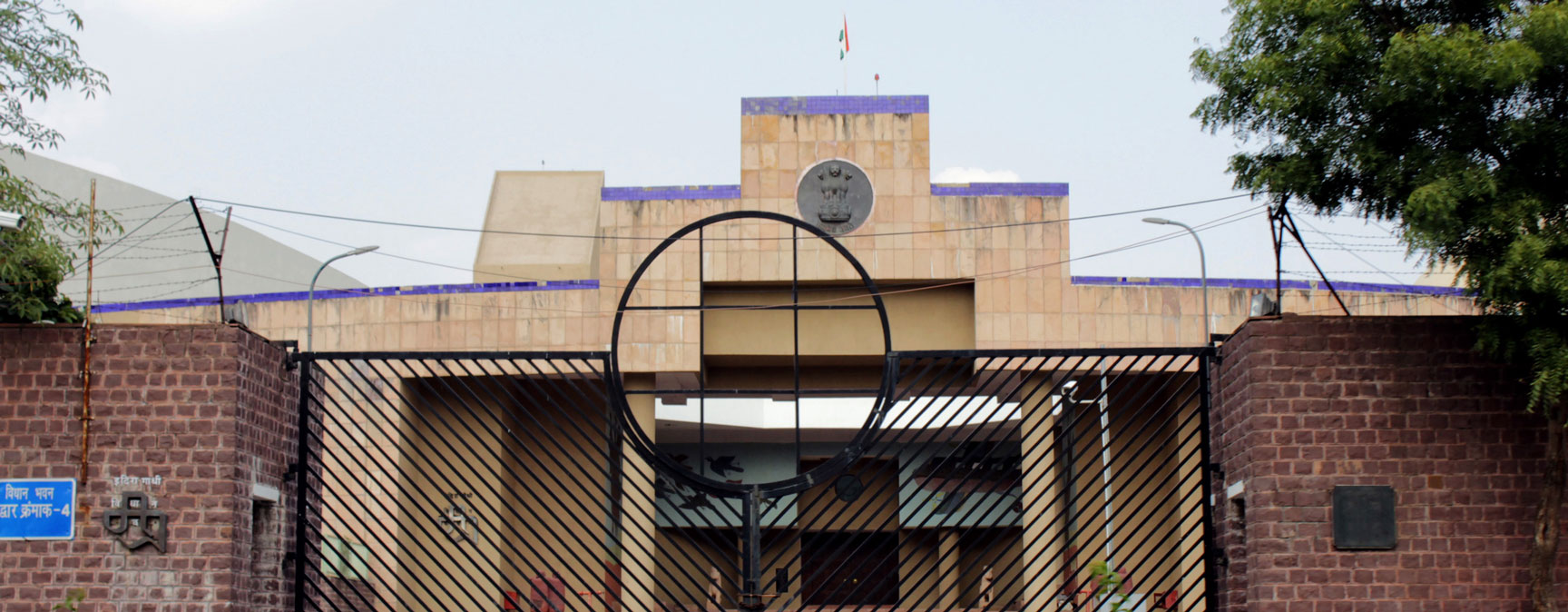Welfare schemes often look very captivating. But do these schemes look as good when implemented?
Several government welfare schemes often look very captivating, as they talk about the upliftment of poor, affordable education, health, food and housing, better infrastructure, employment etc. But do these schemes look as good when implemented?
Most government schemes fail to meet their intended objectives. This happens due to the negligence of officials, bureaucratic hassles, lack of coordination among local, state and central governments and inefficiency on part of the government among other reasons.
Let us review three welfare schemes that were rolled out in Madhya Pradesh and try to understand this better:
- National Rural Health Scheme
The Government of India introduced the National Rural Health Scheme with an aim to provide health care services to rural people, reduce the infant and maternal mortality rates and bring down the mortality and negative impact of other diseases. According to a 2017 Comptroller Auditor General (CAG) report on the general and social sector, between the year 2011-2016, the government of Madhya Pradesh incurred an expenditure of ₹ 5,588 crore on immunization, reproductive and child health and other aspects of the Health Mission.
The CAG reported that the scheme did not have any impact on infant and maternal mortality rates in the state. The infant mortality rate of the state stood at 51 per 1,000 births as compared to the national average rate of 40 per 1,000 births. The maternal mortality rate of the state stood at 221 per 1,00,000 live births, which is worse than the national average per 178 in 1,00,000 live births.
The state also failed to reach their child immunization targets. Only 39 lakh out of 69 lakh infants were given Hepatitis B vaccine due to a lack of storage facilities for vaccines at health centres.
The state couldn’t set up rural health centres for the people. The delay in submission of the Project Implementation Plan by the state government led to a shortage of funds for its implementation.
- Supplementary Nutrition Programme
The Government of Madhya Pradesh launched the Supplementary Nutrition Scheme under Integrated Child Development Services. During 2011-2016, an expenditure of ₹ 5012 crores was incurred on the programme. Under the scheme, each beneficiary would be provided with supplementary nutrition for 300 days a year from Anganwadi centres.
However, the execution of the scheme did not achieve its desired outcomes. According to CAG, state government failed to set up Anganwadis despite having funds which affected the distribution of meals to beneficiaries.
Between 2011-2016, 20 lakh children in the age group of six months to three years, 57 lakh children in the age group of three to six years and eight lakh pregnant mothers did not receive supplementary nutrition food due to insufficient Anganwadis, no supply of food and poor infrastructure.
According to the National Family Health Survey, 9.2 percent of children in the state were malnourished. The scheme failed to meet its objective of reducing undernourished children from 12.6 percent to 5 percent.
Read More: Are YOU Ready to pay ₹ 850 crore for the Betterment of Better-off People?
- 108 Ambulance Services
The government of Madhya Pradesh launched 108 Ambulance Service for emergency medical service during 2011-2016. CAG reported that due to irregularities in the procurement process and inefficient planning, 17 percent of the population in the state was deprived of ambulance service.
The ambulance service failed to reach many districts. Not just that, a 50 percent shortage was observed at the call center for Emergency Response Centre Physician-care, due to which most ‘beneficiaries’ were deprived of emergency response advice during the service.
These are just a few of the welfare schemes that the government of Madhya Pradesh failed in the implementation of.
Making lofty promises and fooling people for the sake of votes at the time of elections cannot be acceptable forever. It is time we question the government and demand that they be accountable for using our hard-earned money.
Read More from our Daily Section

